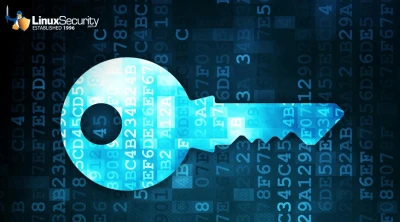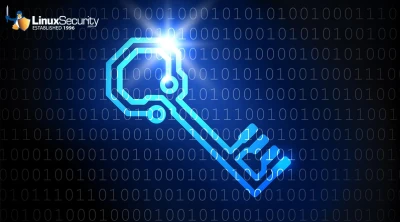Linux admins and developers,
Industries of all types are using blockchain technology for its high level of security and decentralized nature. Integrating blockchain within the Linux environment is particularly promising for developers eager to stay ahead of technology trends.
Today, let me guide you through the top five open-source blockchain technologies tailored for Linux, helping you harness this powerful tool to innovate and elevate your projects.Read on to learn:
- What blockchain is and how it works.
- How its application has evolved.
- Five great open-source blockchain technologies for Linux.
We also explore five critical benefits of code-signing solutions.
Please share this newsletter with your friends to help them gain critical Linux security insights. Is there a Linux security-related topic you want to cover for our audience? We welcome contributions from passionate, insightful community members like you!
Yours in Open Source,

5 Open-Source Blockchain Technologies That Linux Users Need to Know About
With hundreds of thousands of open-source projects underway, it’s easy to say that open-source has become a standard in software development. And when discussing open source, the first development environment that comes to mind is Linux. One factor contributing to Linux’s popularity is security, among the most attractive features of blockchain, a strategic technology trend we’ve seen in the past few years. Because of blockchain's level of security and decentralized nature, incorporating this technology into a wide range of industries holds significant promise. As such, it only makes sense for developers to explore blockchain use within the Linux environment. We delve into five open-source blockchain technologies for Linux. But first, let’s examine what blockchain is, how it works, and how its application has evolved over the years. |
5 Key Benefits Of Code Signing Solutions
Code signing involves approving applications, software code, scripts, or programs to authorize their origin. The goal is to ensure that the code is never tampered with. Performing a code sign provides several critical benefits, including code authentication, code or software author validation, and cryptographic protection. Implementing stringent safety practices around code signing enables software to maintain its integrity and authenticity and builds trust. In this guide, you’ll learn more about the advantages of code signing for admins and developers. |















